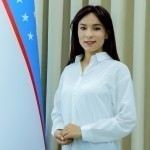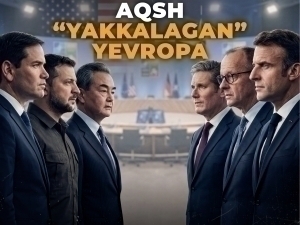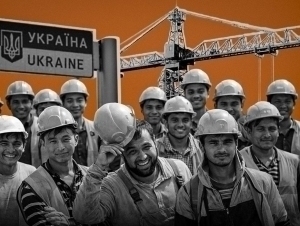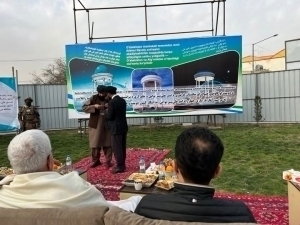Former Afghan government vs. Taliban: Uzbekistan’s diplomatic strategy explained
Interviews
−
15 November 2024 9796 3 minutes
The current diplomatic relationship between Uzbekistan and Afghanistan has drawn considerable attention as the Taliban-led interim government remains unrecognized internationally. Ismatilla Ergashev, the Special Representative of the President of Uzbekistan for Afghanistan, addressed questions about the differences between Afghanistan’s former government and the Taliban administration in an interview with QALAMPIR.UZ.
Ergashev clarified that Uzbekistan has not officially recognized the interim Taliban government. “This decision, of course, is accepted in consultation with the international community and the United Nations. The international community has specific requirements for the current interim Afghan government, and they are asking for these requirements to be fulfilled in practice. There are some small positive changes in some areas, but these demands have not been fully implemented yet,” he stated.
The United Nations recently published a report on the situation of women in Afghanistan. According to the report, the decrees, directives, and practices of the Taliban over the past three years have been systematically aimed at excluding women from almost all areas of Afghan social life and leadership positions. Combined with the ongoing economic and humanitarian crises, the exclusion of women has led to a sharp deterioration in the living conditions of most Afghans. However, the Taliban government has strongly denied these allegations, accusing the UN of being influenced by propaganda.
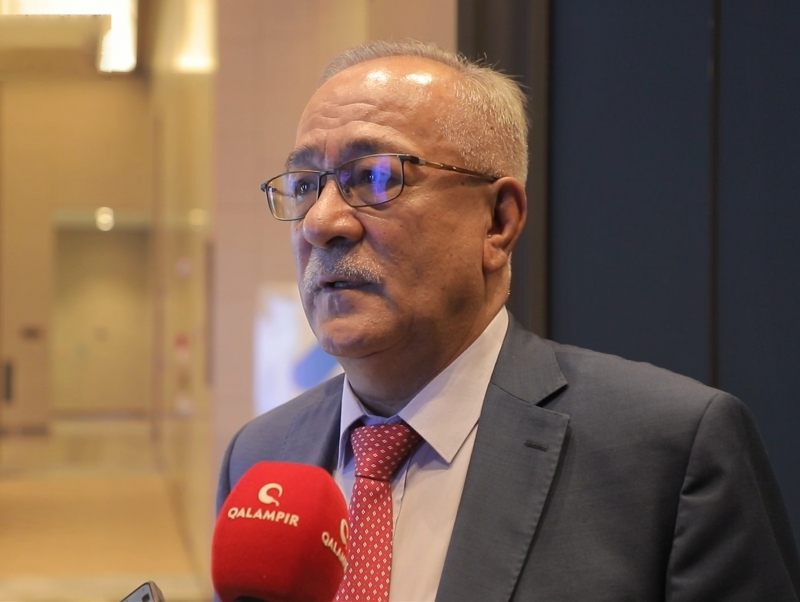
Ergashev was asked to comment on the differences in domestic and foreign policies between the Taliban and the former republican government. He refrained from making a direct comparison, explaining that the former government closely cooperated with Western countries and relied heavily on financial assistance from those nations.
“I would not like to compare them. If we talk about the two governments: the previous republican regime was a government that mainly cooperated closely with Western countries and relied on financial assistance from Western countries. At the same time, the most important aspect is that during this regime, there were large foreign military forces in the country,” Ergashev said.
He emphasized that today, the Taliban holds sole power, and foreign military forces have left Afghanistan. Unlike the former regime, the Taliban government receives no major donor aid and operates independently. “Today's de facto interim Afghan government is solving the tasks facing it independently. Neighboring countries, including Uzbekistan, are expanding and developing our economic and trade cooperation every year to maintain and develop close neighborly relations with this country and support the efforts made to ensure peace in the country, of course, to support the friendly and brotherly Afghan people in difficult times,” he added.
While Uzbekistan maintains ties with Afghanistan, Ergashev avoided commenting on which government was easier to work with. He emphasized the importance of adapting to circumstances and maintaining strong relations with Afghanistan.
“We cooperate with the current Afghan government, and this cooperation is very comprehensive. It cannot be otherwise, because we are peoples who have lived side by side for centuries and have always maintained good neighborly relations,” said the Special Representative of the President of Uzbekistan for Afghanistan.
Live
All